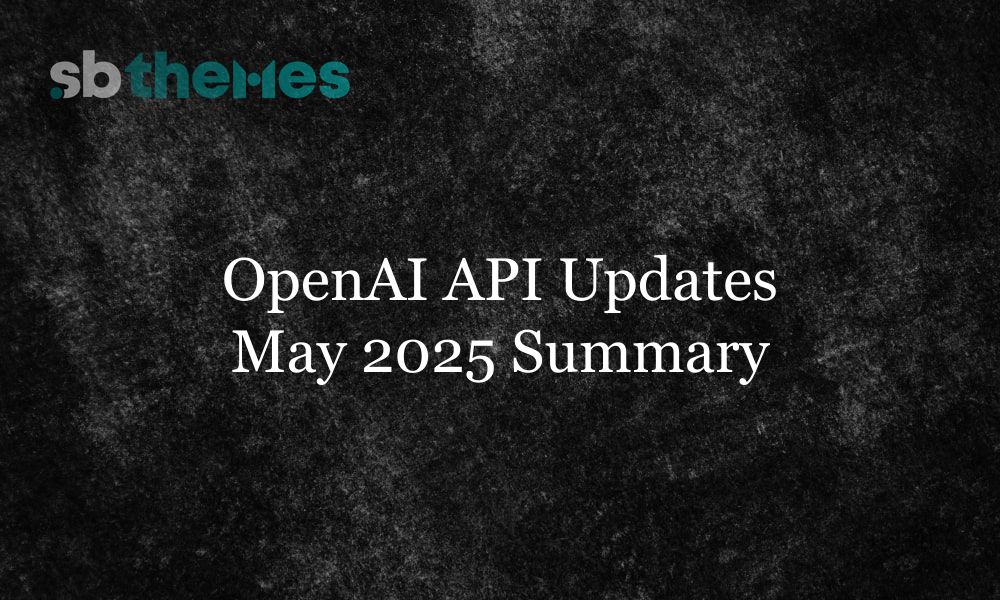OpenAI May 2025 Changelog: Major API Upgrades, Codex Mini and Reinforcement Fine-Tuning
OpenAI continues to enhance its developer platform with meaningful improvements, new tools and smarter models. May 2025 brought a wave of powerful upgrades that improve flexibility, control and performance across the API. Whether you’re building with the Chat Completions API, fine-tuning models or scaling code generation, here’s everything new and improved this month.
🔧 New Built-in Tools in the Responses API
The v1/responses endpoint has been upgraded to support a wider range of tools out of the box.
Notably:
Remote MCP servers can now be used to extend workflows
The Code Interpreter is now supported natively, enabling advanced computation directly via the API.
These changes make it easier to run powerful, contextual toolchains programmatically.
🛠️ Smarter Tool Schemas and Strict Mode
A major leap forward in structured API outputs:
A new strict mode allows for precise tool behavior, especially useful with parallel tool calling.
Support for advanced schema validation has been added:
Pattern matching (e.g. email, regex formats)
Min/max constraints for numbers and arrays
These schema features provide granular control over the inputs and outputs of function calls, improving reliability and data safety.
👉 Explore structured output schemas
⚙️ Codex Mini Model Launched
OpenAI has introduced codex-mini-latest, a lightweight and efficient model optimized for CLI development. Tailored for use with the Codex CLI, this model offers fast and resource-friendly code generation, ideal for quick automation tasks, scripting and terminal-based AI workflows.
🧠 Reinforcement Fine-Tuning Support Added
Fine-tuning has evolved. You can now fine-tune models using reinforcement learning methods, giving you more nuanced control over model behavior and long-term optimization goals.
This update also introduced gpt-4.1-nano, a compact yet powerful model that supports fine-tuning and reinforcement learning with reduced resource requirements—perfect for highly customized applications.
👉 Learn how to use reinforcement fine-tuning
🧩 Multi-Endpoint Support & Unified Improvements
Several updates spanned across key endpoints like:
v1/responsesv1/chat/completionsv1/fine-tuning
The improvements collectively enhance the developer experience with faster response times, deeper schema integration and broader compatibility with tool calling, across all supported models.
🔚 Wrapping Up
May’s updates show a strong focus on customization, tool integration and developer efficiency. Whether you’re integrating OpenAI into a product, automating workflows or experimenting with new models, these upgrades open up fresh possibilities.
If you’re not yet using these capabilities, now’s a great time to explore what’s new in the OpenAI documentation.
Recent blog
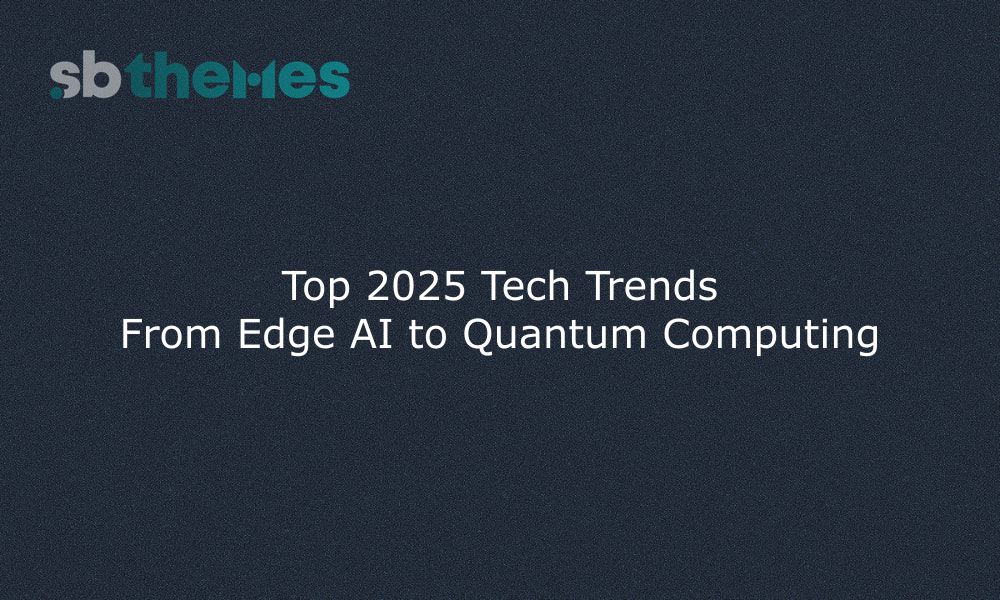
Explore the biggest technology trends dominating 2025, including edge AI, quantum computing, agentic AI, autonomous vehicles, robotics, and next-gen dev tools.
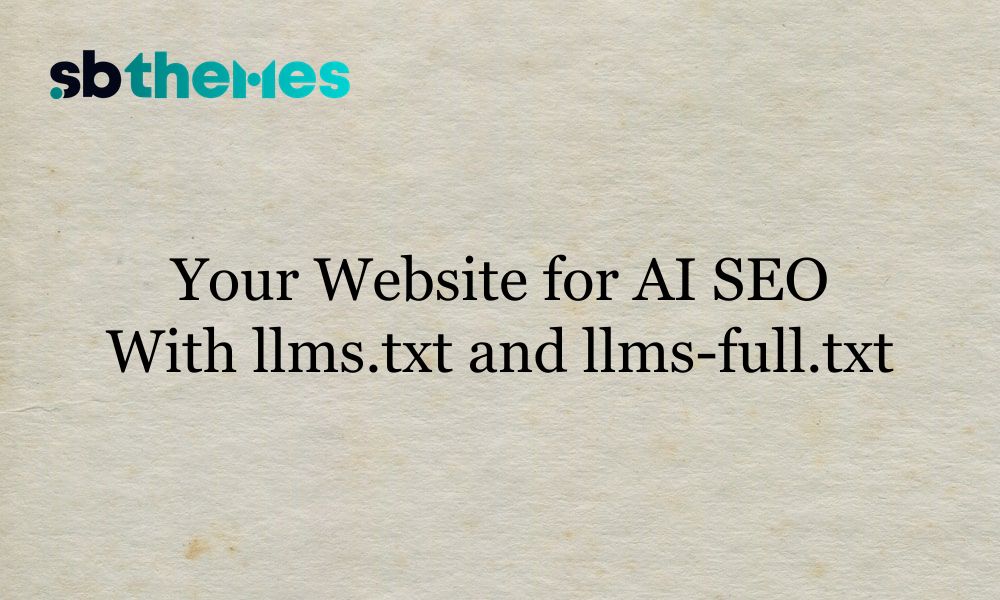
Help AI like ChatGPT find your top content with llms.txt. Learn what it is, who created it, and how adding it boosts SEO & accurate AI answers.
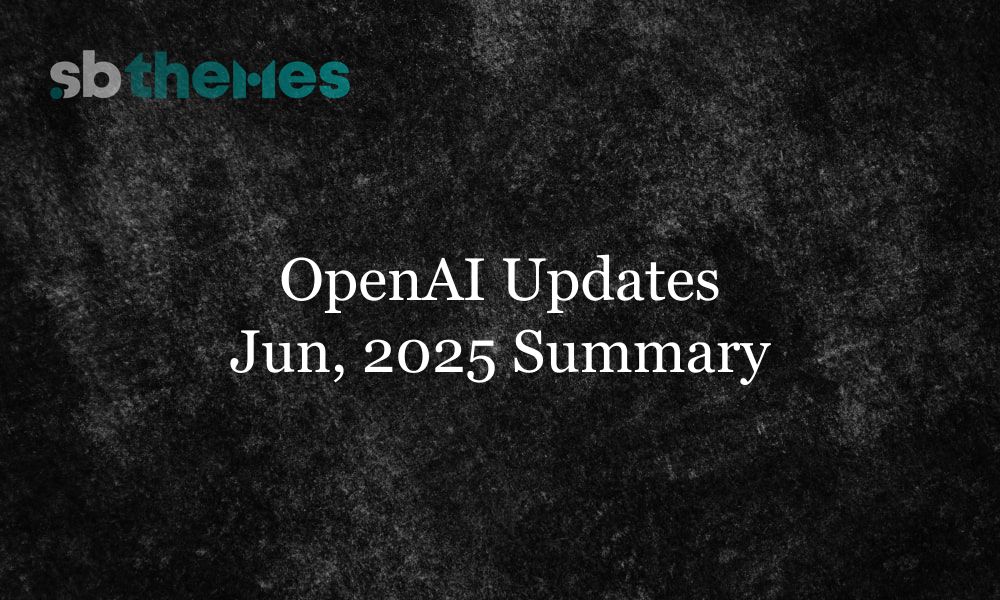
From smarter research tools to lower pricing and real-time AI, discover how OpenAI’s June 2025 updates are changing the game.
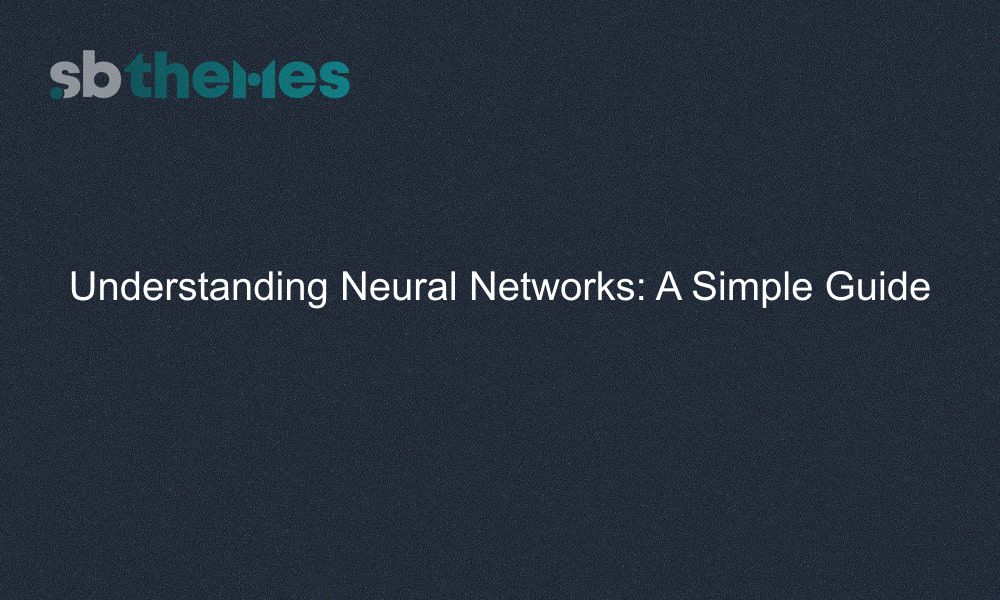
Explore neural networks in simple terms, learn how they work, their applications, and how they’re trained to solve complex problems in AI and machine learning.
Stay updated with our weekly newsletter
No Spam. Only high quality content and updates of our products.
Join 20,000+ other creators in our community

